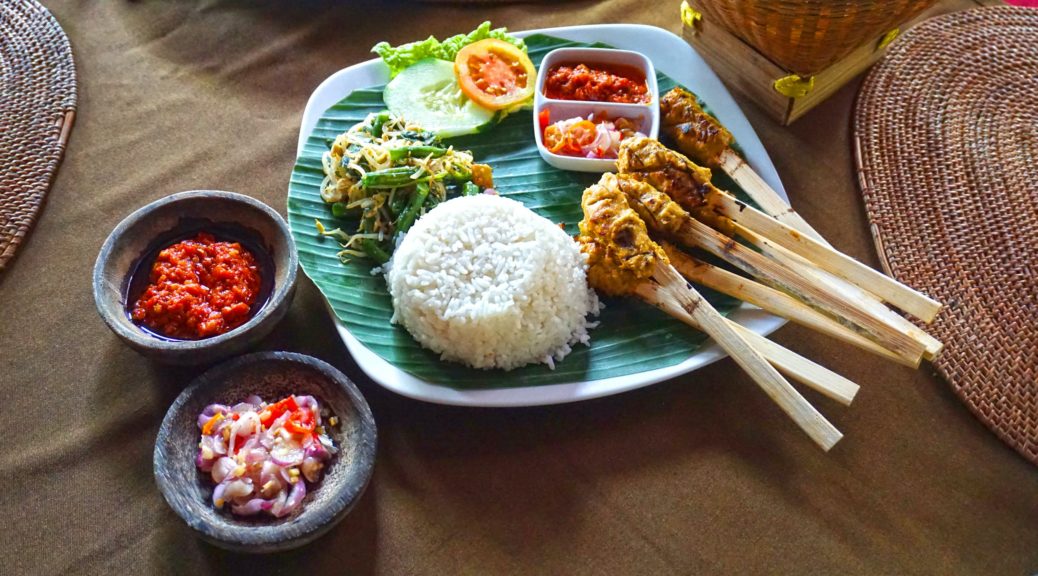By Iric Hong
Language is such a sophisticated concept. It can be studied and practiced for years and yet some things will just never be conveyable, or be the same, with only words.
Language, as the words you and I speak, the words your friends and everyone you do not know speak, is universally understood in the general sense. For me, I learned Cantonese alongside English so that I could communicate with my grandmother who raised me for most of my childhood. So I have two languages in my arsenal to convey my ideas. But what about everything else that life consists of? What happens when you do not have the vocabulary to translate your ideas? How are those things explained when words become dull and pointless?
This is where the third “language” I grew up with comes into play. Throughout my childhood, music, a classic way to convey passion, was passed on to me by not only my grandmother and my mother, but also my community, my brethren and sistren.
Passionate music is a truly universal language that transcends the boundaries of the languages we speak. Music has allowed me to understand myself and help others understand more about me than I think I know about myself. One does not have to understand the spoken language to understand the vibe of music. Music, in my opinion, beats to the frequency of one’s core, the frequency hiding behind the many walls setup to protect oneself from whatever life has in store for its people.
Music has helped me to better understand the world around me and has also helped me to improve how I can convey my ideas when words fail me. In fact, listening to music that is not too fast paced has actually helped me to better understand languages that I am trying to learn while also teaching me specific lingo from where different artists herald from.
I listen to pop, indie pop, hip hop, swing, jazz, etc. But regardless of what you call it, at the end of the day, music is all about passion. Passion speaks louder and clearer than the words that can come out of one’s mouth. Anyone can listen to completely polarizing types of music but still get the same fulfilling feeling of strength because the passion and emotions a composer or artist feels when putting out music is all the same.
While I only listen to the music that people make, that is not to say that music only comes from people and their passion. Our passion was created by nature and we translated that with our instruments but nature has its own instruments in the form of its constituents and its many forces. Rain, the chirping of birds, the crashing of waves, the buzz of insects, the roar of the wind are in its own special way music that beats to the frequency of us all even if we all beat at different frequencies. So, if you’re ever feeling lost in words, whether in English or otherwise, listen to some music, or step outside and listen to the roar of nature, to find yourself again.
Featured image from Wikimedia Commons
Iric is a sophomore majoring in Electrical Engineering. His career inspiration from a very young age was on-screen robotics like Iron-Man and Gundam. He hopes to work in the aerospace industry, as that industry resembles what he wants to strive for the most. He likes to play tennis, play video games, and watch movies in his spare time.



